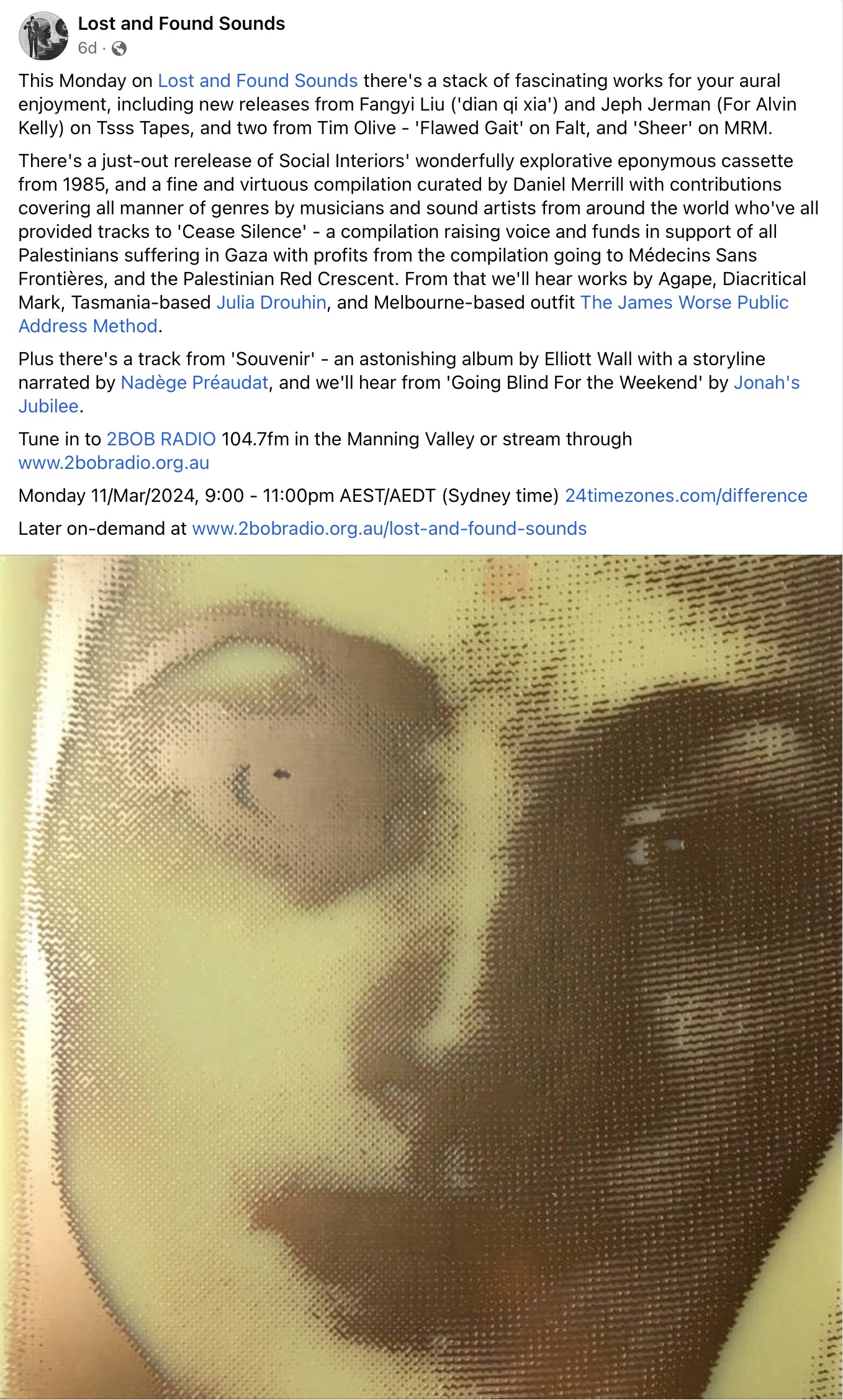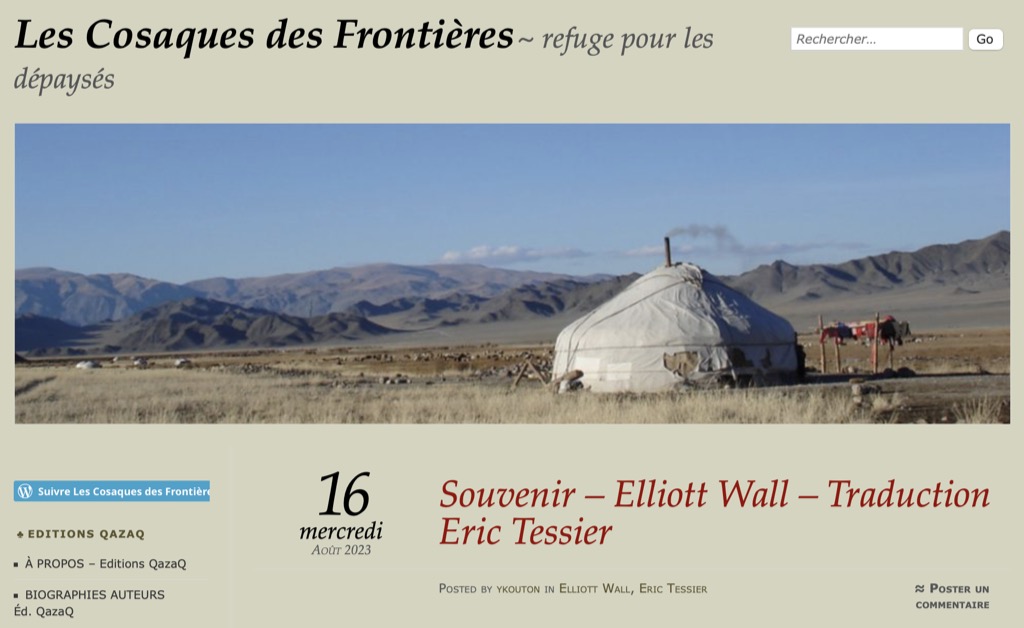1. Aristotle, De Anima. 430a10–430a26:
Since in every class of things, as in nature as a whole, we find two factors involved, (1) a matter which is potentially all the particulars included in the class, (2) a cause which is productive in the sense that it makes them all (the latter standing to the former, as e.g. an art to its material), these distinct elements must likewise be found within the soul.
And in fact, mind as we have described it, is what it is by virtue of becoming all things, while there is another which is what it is by virtue of making all things: this is a sort of positive state like light; for in a sense light makes potential colours into actual colours. Mind in this sense of it is separable, impassible, unmixed, since it is in its essential nature activity (for always the active is superior to the passive factor, the originating force to the matter which it forms).
Actual knowledge is identical with its object: in the individual, potential knowledge is in time prior to actual knowledge, but in the universe as a whole it is not prior even in time. Mind is not at one time knowing and at another not. When mind is set free from its present conditions it appears as just what it is and nothing more: this alone is immortal and eternal (we do not, however, remember its former activity because, while mind in this sense is impassible, mind as passive is destructible), and without it nothing thinks.”
2. John Ruskin, The Two Paths — Lecture II, The Unity of Art:
Our enjoyment arose from a weakness meeting a weakness, from a partiality in the painter fitting to a partiality in us, and giving us sugar when we wanted sugar, and myrrh when we wanted myrrh; but sugar and myrrh are not meat: and when we want meat and bread, we must go to better men.”
3. John Ruskin, Lectures on Art and Painting — Lecture IV, Pre-Raphaelitism:
…it is not so much in buying pictures, as in being pictures, that you can encourage a noble school. The best patronage of art is not that which seeks for the pleasures of sentiment in a vague ideality, nor for beauty of form in a marble image; but that which educates your children into living heroes, and binds down the flights and the fondnesses of the heart into practical duty and faithful devotion.
4. Aristotle, De Anima. 429b22–430a9:
The problem might be suggested: if thinking is a passive affection, then if mind is simple and impassible and has nothing in common with anything else, as Anaxagoras says, how can it come to think at all? For interaction between two factors is held to require a precedent community of nature between the factors. Again it might be asked, is mind a possible object of thought to itself? For if mind is thinkable per se and what is thinkable is in kind one and the same, then either (a) mind will belong to everything, or (b) mind will contain some element common to it with all other realities which makes them all thinkable.
(1) Have not we already disposed of the difficulty about interaction involving a common element, when we said that mind is in a sense potentially whatever is thinkable, though actually it is nothing until it has thought? What it thinks must be in it just as characters may be said to be on a writing tablet on which as yet nothing actually stands written: this is exactly what happens with mind.
(2) Mind is itself thinkable in exactly the same way as its objects are. For (a) in the case of objects which involve no matter, what thinks and what is thought are identical; for speculative knowledge and its object are identical. (Why mind is not always thinking we must consider later.) (b) In the case of those which contain matter each of the objects of thought is only potentially present. It follows that while they will not have mind in them (for mind is a potentiality of them only insofar as they are capable of being disengaged from matter) mind may yet be thinkable.
5. Isaac Newton, Letter to Robert Hooke, 15 February, 1676:
I have not been able to discover the cause of those properties of gravity from phenomena, and I frame no hypotheses; for whatever is not deduced from the phenomena is to be called a hypothesis, and hypotheses, whether metaphysical or physical, whether of occult qualities or mechanical, have no place in experimental philosophy.
6. Novalis, Fichte Studies, 373:
When I ask what a thing is, I am asking about its representation and intuition— I am wondering only about myself.
7. John Ruskin, The Two Paths — Lecture II, Influence of Imagination in Architecture:
If we see an old woman spinning at the fireside, and distributing her thread dexterously from the distaff, we respect her for her manipulation—if we ask her how much she expects to make in a year, and she answers quickly, we respect her for her calculation—if she is watching at the same time that none of her grandchildren fall into the fire, we respect her for her observation—yet for all this she may still be a commonplace old woman enough. But if she is all the time telling her grandchildren a fairy tale out of her head, we praise her for her imagination, and say, she must be a rather remarkable old woman. Precisely in like manner, if an architect does his working-drawing well, we praise him for his manipulation—if he keeps closely within his contract, we praise him for his honest arithmetic—if he looks well to the laying of his beams, so that nobody shall drop through the floor, we praise him for his observation. But he must, somehow, tell us a fairy tale out of his head beside all this, else we cannot praise him for his imagination, nor speak of him as we did of the old woman.
8. Marcus Aurelius, Meditations Book X, Chapter 21:
Earth loves the rain, the proud sky loves to give it. The whole world loves to create futurity. I say then to the world, ‘I share your love.’ Is this not the source of the phrase, ‘This loves to happen?’


